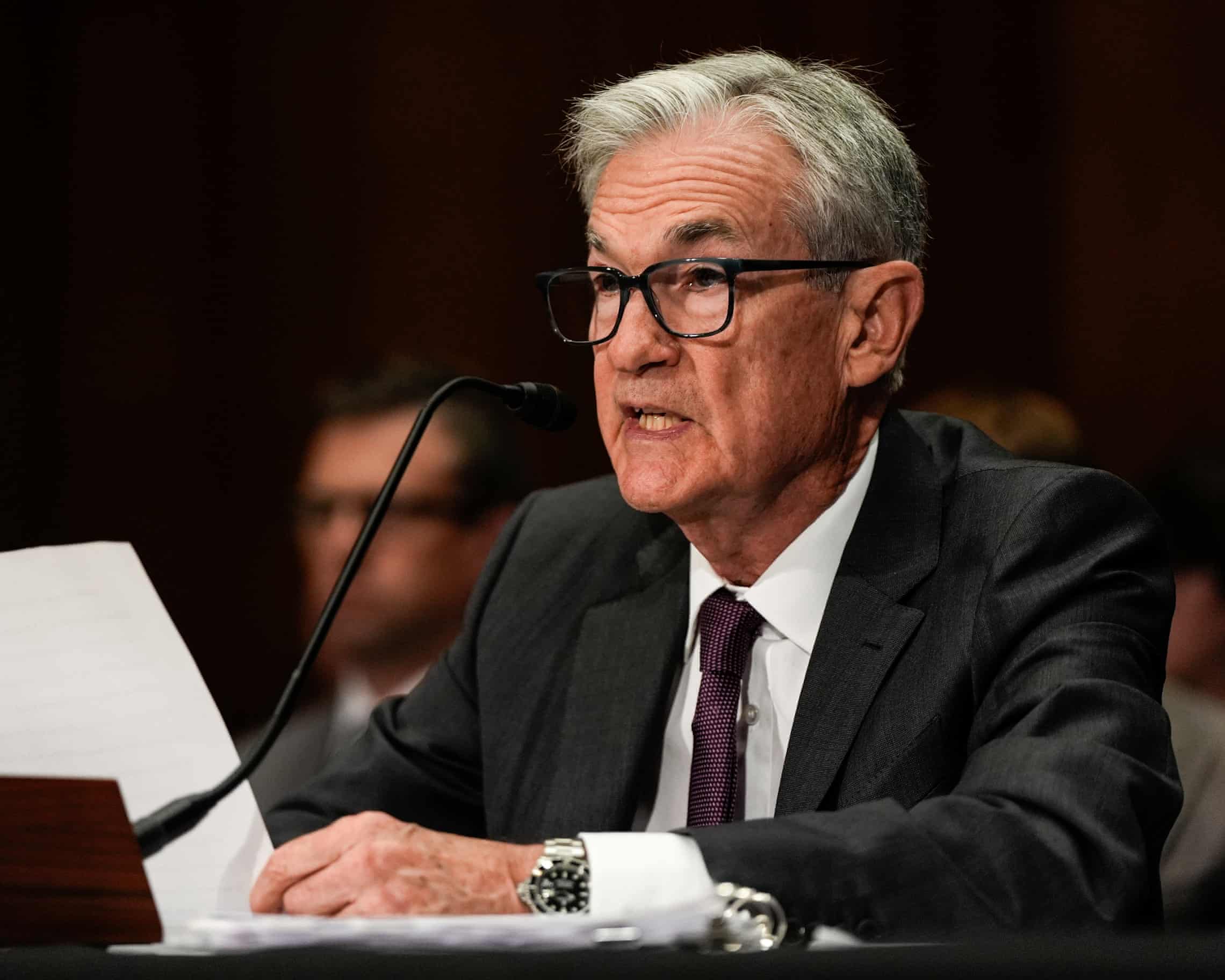A federal trade court on Wednesday blocked President Donald Trump from imposing sweeping tariffs on imports under an emergency-powers law, swiftly throwing into doubt Trump’s signature set of economic policies that have rattled global financial markets, frustrated trade partners and raised broader fears about inflation intensifying and the economy slumping.
The ruling from a three-judge panel at the New York-based Court of International Trade came after several lawsuits arguing Trump has exceeded his authority and left U.S. trade policy dependent on his whims.
Trump has repeatedly said the tariffs would force manufacturers to bring back factory jobs to the U.S. and generate enough revenue to reduce federal budget deficits. He used the tariffs as a negotiating cudgel in hopes of forcing other nations to negotiate agreements that favored the U.S., suggesting he would simply set the rates himself if the terms were unsatisfactory.
White House spokesperson Kush Desai said that trade deficits are a national emergency “that has decimated American communities, left our workers behind, and weakened our defense industrial base — facts that the court did not dispute.”
The administration, he said, remains “committed to using every lever of executive power to address this crisis and restore American Greatness.”





 Trump posted a letter sent to Canadian Prime Minister Mark Carney in which he outlined the...
Trump posted a letter sent to Canadian Prime Minister Mark Carney in which he outlined the... Federal Reserve chair Jerome Powell said earlier this morning that the central bank would likely have...
Federal Reserve chair Jerome Powell said earlier this morning that the central bank would likely have... The US dollar has had its worst first half-year in more than 50 years, as the...
The US dollar has had its worst first half-year in more than 50 years, as the...






























